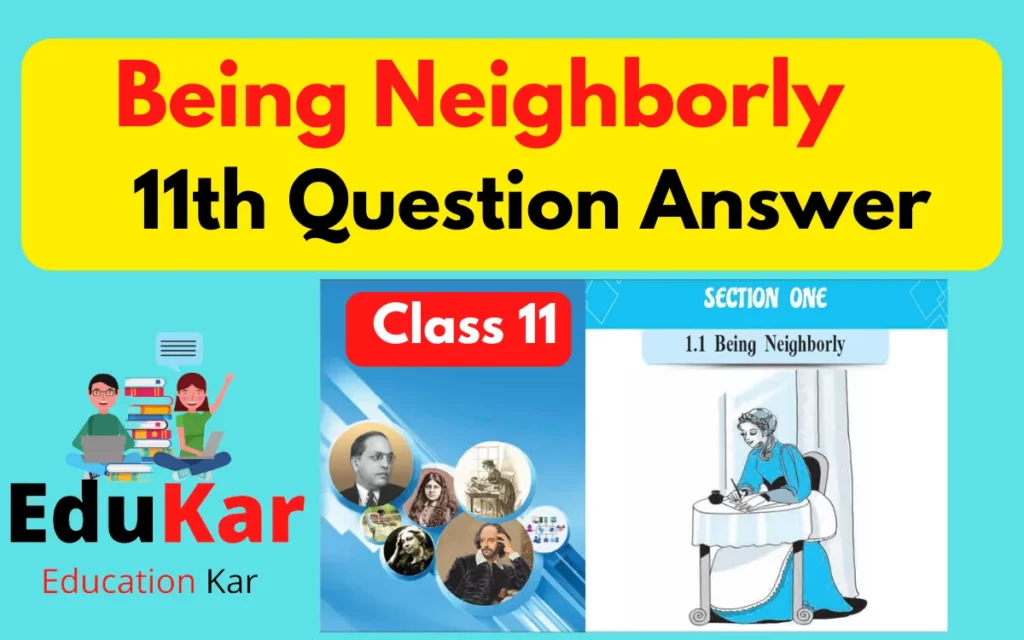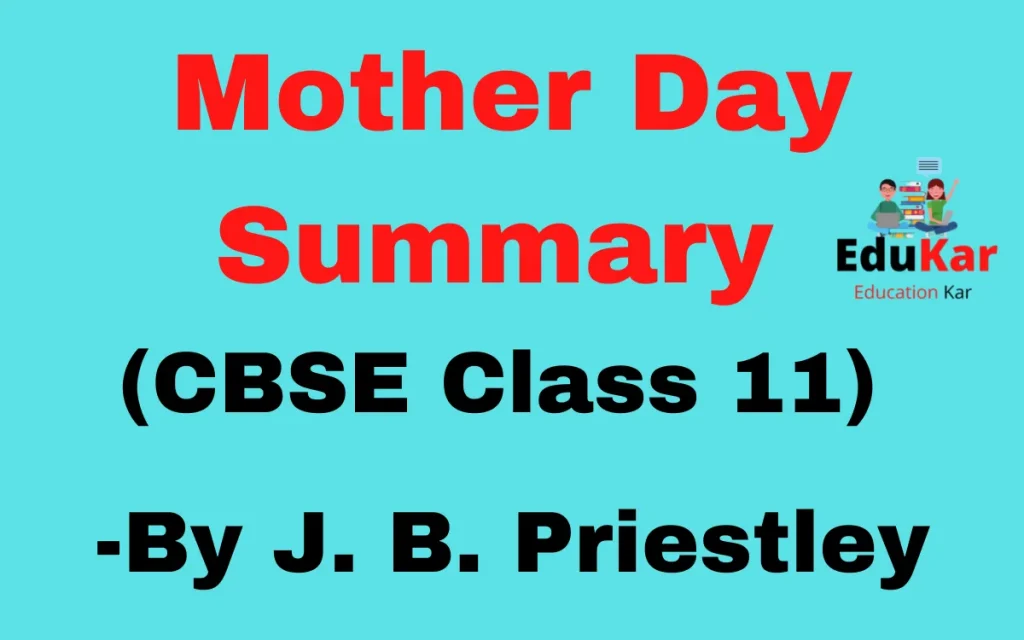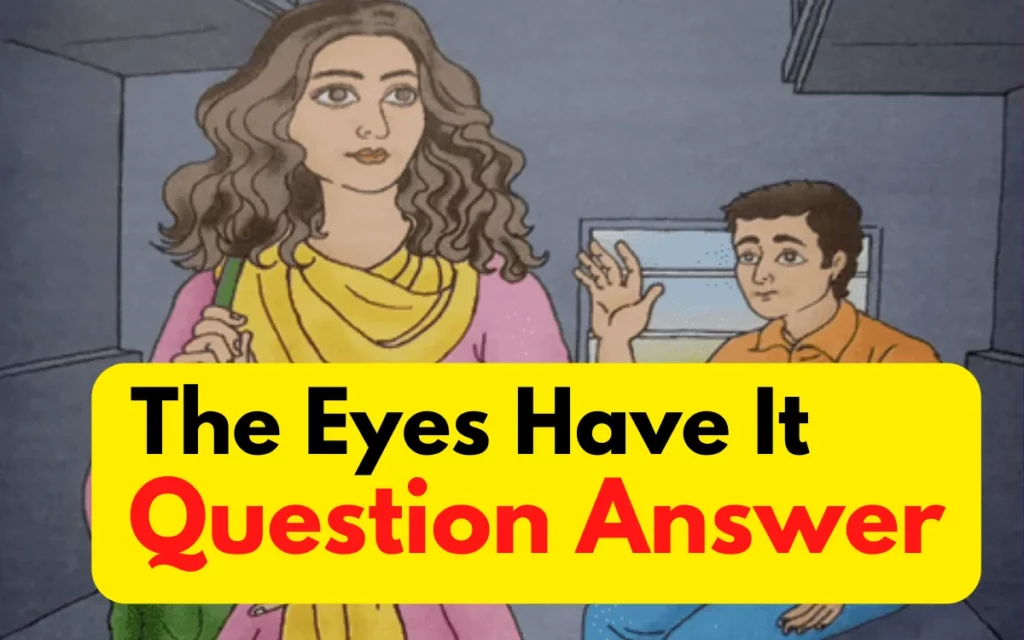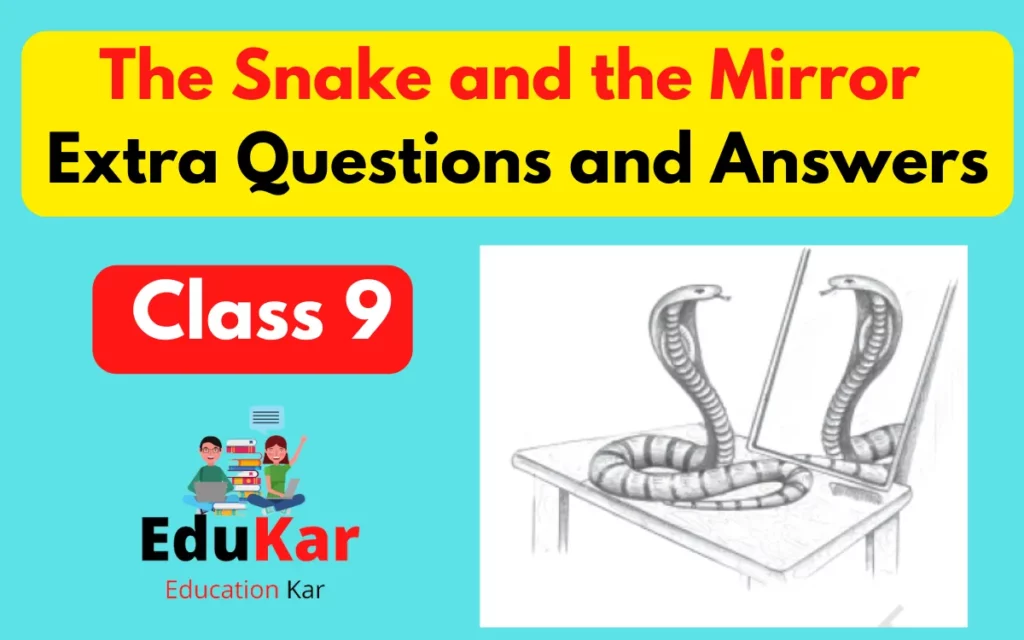Contents
- 1 Being Neighborly Summary
- 2 Being Neighborly Class11th Question Answer
- 3 Q1: (i) Jo’s decision to make friends with the lonely boy next door proves to be a good one. Eloborate. You may begin with “Jo was a bold, friendly and warm person…”
- 4 Q1: (ii) Read the extract “Being Neighborly” and complete the following statement:
- 5 Q1: (iii) Bring out the contrast between the two houses with the help of the following points.
- 6 Q2: The traits of the characters you meet in the extract are jumbled. Sort them out and write them in the appropriate columns.
- 7 Q3: (ii) Give a brief account of the intercation between Grandpa and Jo.
- 8 Q4: (i) Find proverbs, maxims and Idioms related to ‘friendship’.
- 9 Q4 (ii) The extract deals with the atmosphere of two homes. Collect the words associated with-
- 10 Q5 Change into indirect speech.
- 11 Q6: (i) Narrate in 100 words an incident, that illustrates the way a friend of yours ‘made you feel happy and accepted’, at some point in your life.
- 12 Q6: (ii) Give reasons, for us being reluctant to make friends with some strangers, but being comfortable with some, even after meeting them foor the first time.
- 13 Q6: (iii) Are friends diffrent from neighbors? Are you friends with your neigbors? Give examples an write.
- 14 Q6: (iv) Make a note in your exercise book about how people amused themselves in earlier times, without TV, internet or social media for entertainment.
- 15 Q7: Use your imagination and extend the story in about 100 to 150 words.
| Name | Being Neighborly Class11th Question Answer |
| Type | Story |
| Class | 11th |
| Subject | English |
| Board | Maharashtra Board |
| Author | Louisa May Alcott |

Being Neighborly Summary
“Being Neighborly” is a short story written by Louisa May Alcott, a well-known American author, best known for her novel “Little Women”. The story is about a young girl, who learns the importance of being a good neighbor, and how small acts of kindness can make a big difference in the lives of others.
The story begins with the protagonist, a young girl, who lives in a small village and is bored with her daily routine. She longs for something exciting to happen, and one day, she gets her wish when a new family moves in next door. The girl is excited to meet her new neighbors and decides to go over to introduce herself and make friends.
When she arrives, she finds that the family is struggling to settle in, as they have very little money and are in need of help. The girl decides to put her boredom aside and starts to help her new neighbors in any way she can. She helps them fix their house, tends to their garden, and even brings them food and clothes. She becomes a true friend to the family, and in turn, the family starts to feel more at home in their new village.
The story ends with the girl realizing that being a good neighbor is more than just living next to someone, it’s about being there for them and helping them when they need it. She also understands that small acts of kindness can make a big difference in the lives of others.
In summary, “Being Neighborly” is a short story that teaches the importance of being a good neighbor, and how small acts of kindness can make a big difference in the lives of others. The story highlights the idea that, being a good neighbor is not only about living next to someone, but also being there for them and helping them when they need it. The protagonist’s acts of kindness towards her new neighbors not only helped them to settle in but also made her life more fulfilling and exciting.
Being Neighborly Class11th Question Answer
Q1: (i) Jo’s decision to make friends with the lonely boy next door proves to be a good one. Eloborate. You may begin with “Jo was a bold, friendly and warm person…”
Ans: Jo was a bold, friendly and warm person. She was also perceptive, and she realized that Laurie, the boy next door, was lonely and needed friends. She also realized that he was probably shy and would not take the first step. Hence, she decides one day “to go over” and break the ice. She not only makes friends with Laurie but she also makes good impression on Laurie’s grandfather, who asks her to continue to visit them and be their friend. This is the beginning of a lifelong and deep friendship between Laurie and Jo. Hence, Jo,s decision to make friends with the lonely boy next door proves to be a good one
Q1: (ii) Read the extract “Being Neighborly” and complete the following statement:
a) To Jo, the fine house seemed like ________________________________________.
b) Jo swept a path around the garden for ___________________________________________.
c) Jo entered the old stone house, carrying __________________________________________.
d) In order to tidy the room, Jo _____________________________________________.
Ans:
a) To Jo, the fine house seemed like a kind of enchanted palace.
b) Jo swept a path around the garden for Beth to walk in when the sun came out and the invalid dolls needed air.
c) Jo entered the old stone house, carrying three kittens and a covered dish containing blanc-mange.
d) In order to tidy the room, Jo brushed the hearth, straightened the things on the mantelpiece, put the books and bottles in place, turned the sofa from the light and pumped up the willows.
Q1: (iii) Bring out the contrast between the two houses with the help of the following points.
| House of March | House of Laurence |
|---|---|
| 1. Old, brown house | 1. Stately stone mansion |
| 2. Bare and shaby; no greenery or flowers | 2. Well-kept grounds |
| 3. Children played all around | 3. Lonely and lifeless; no children frolicking |
| 4. Presence of the smiling mother | 4. No motherly face smiled at the windows |
Q2: The traits of the characters you meet in the extract are jumbled. Sort them out and write them in the appropriate columns.
(Shy, bold, friendly, withdrawn, perceptive, empathetic, playful, lonely, happy, gentlemanly, frank, mature, dull, sharp, adventurous.)
| Jo | Laurie | Grandpa |
|---|---|---|
| Bold | Shy | Gruff |
| Friendly | Playful | Withdrawn |
| Perceptive | Lonely | Sharp |
| Empathetic | Gentlemanly | |
| Happy | Mature | |
| Frank | Dull | |
| Adventurous |
Q3: (i) Write down in your own words the way Laurie confirmed the names of the March sisters.
Ans: Laurie had often the March sisters the calling to one another. He had also seen them through the window, all around the table with their mother. He knew that the sister who was visiting him was Jo. He then asked whether Beth was the one who stayed at home a good deal and sometimes went out with a basket. After confirming that he was right, he asked if the sister who was pretty was Meg, and the one with the curly hair was Amy. In this manner he confirmed the names of the March sisters.
Q3: (ii) Give a brief account of the intercation between Grandpa and Jo.
Ans: Jo had been standing before Grandpa’s portrait when the dorr opened behind her. Thinking that it was Laurie, she commented frankly on the person in the portrait. She suddenly heard a gruff voice behind her, thanking her, and realized that it was a Grandpa and not Laurie to whom she had addressed her frank comments. She was a embarrassed, but observed that Grandpa’s eyes, which had a twinkle in them, were kind. The two then began to discuss Jo’s comments. Jo’s frank and honest answers pleased Grandpa, who like dher spirit. He said so bluntly, and praised her grandfather, after which they were quite comfortable with each other.
Ans: a) A friend in need is friend indeed.
b) A man is known by the company he keeps.
c) As thick as thieves.
d) To get on like a house on fire,
e) To hit it off.
f) A sjoulder to lean on.
Q4 (ii) The extract deals with the atmosphere of two homes. Collect the words associated with-
(a) Home
(1) House of March : old, brown house, bare and shabby, robbed of vines and flowers.
(2) House of Laurence: stately, stone mansion, comfort and luxury, big coach house, well-kept grounds, conservatory, lovely things, rich curtains, lonely and lifeless, no motherly face ever smiled.
(b) Library: lined with books, pictures and statues, cabinets filled with coins and curiosities, large armchairs, queer tables and bronzes, a great open fireplace with quaint tiles around it.
(c) Garden: groves and lawns, low hedge, vines and flowers, well-kept ground.
Q5 Change into indirect speech.
(a) “Do you like your school?” aske dthe boy.
“Don’t go to school; I’m a business man-girl, I mean”, answered Jo.
Ans: The boy wanted to know whether she(Jo) liked school. To which Jo answered rather emphatically that she did not go to school. She further added that she was a businessman, and jovially corrected the gender.
b) “Jo flourished her broom as she called out… “How do you do? Are you sick?”
Laurie opened the window and croaked out as hoarsely as a raven…..
“Better, thank you. I’ve had a bad cold and been shut up a week.
Ans: Jo flourished her broomand called out Laurie, greeting him and asking if he was sick.
Laurie opened the window and croaked out as hoarsely as a raven that he was better. He politely thanked Jo and added that he’s had a bad cold and been shut for a week.
c) “The pretty one is Meg and the curly-haired is Amy, I believe?” – Laurie
“How did you find that out?” – Jo
Ans: Laurie guessed that the pretty one was Meg and the curly haired one was aAmy.
Jo asked him how he had found that out.
Q6: (i) Narrate in 100 words an incident, that illustrates the way a friend of yours ‘made you feel happy and accepted’, at some point in your life.
Ans: This happened on the first day of college. I was new and did not know anyone. After the first lecture. I went to the canteen for a sanwich. I was terrified when I saw the noisy crowd and was about to go back when I heard a voice call mu name. Turning, I saw that it was Shweta, my friend from school, who was a year senior to me. She was sitting with a group of girls. She made place for me on the bench, intoduced me to her friends and made me feel really? ‘happy and accepted’. I shall always remain grateful to her for this generous action.
Q6: (ii) Give reasons, for us being reluctant to make friends with some strangers, but being comfortable with some, even after meeting them foor the first time.
Ans: If we do not get the correct vibes, we do not make friends. So when we meet someone new, if that person has similar ideas, outlook or tastes, then we become friends. If that person is pleasnat and the body language is positive, we like that person. However, if that is not the case, and we do not like them for some reason, or our ideas do not match, we are reluctant to make friends.
Q6: (iii) Are friends diffrent from neighbors? Are you friends with your neigbors? Give examples an write.
Ans: Yes, friends are different from neighbors. You can choose your friends, but you cannot choose your nrighbors. I am friendly with my neighbors, and talk politely to them when I meet them, but I do not spend much time with them. They are much older than I am we have nothing in common. My real friends are my classmates from school. We play games, study or go shopping together. We like to spend time together.
Ans: In earlier times, people chatted with each other, visited each other’s homes, wrote letters, played games and read books for entertainment.
Q7: Use your imagination and extend the story in about 100 to 150 words.
Ans: Jo rached home after tea, excited and thrilled. As she had expected, her sisters were waiting for her, curious and anxious.
“Tell us everything!” they said holding her hand and drawing her to the sofa. “What happened? How was he? We saw the grandfather come back. What did he say?
“Oh, it was terrible!” said Jo, pretending to pull a long face. “He is a terrible boy, and his grandfather threw me out!”
Meg and Amy gasped. “What! How rude! When you were only trying to be kind!”
Beth smiled gently. ” Oh, come on! You know that Jo is joking. I can always tell. Her eyebrows twitch when she tells lies!”
Jo laughed and pinched Beth’s cheek gently. “Yes, my observant sister, I was joking. It all went off very well. Not only can he come here but we can ho there any time we wish. You should see the library! And the books!”
“Yes, but how was he? Laurie?” asked Beth persistently.
Jo put her feet up on the sofa. “Come closer. I will tell you everything that happened, minute by minute,” she said. And there they are, listening intently to Jo.




![A House Is Not A Home Question Answer [Class 9 English Moments Chapter 8] A House Is Not A Home Question Answer](https://edukar.in/wp-content/uploads/2023/01/A-House-Is-Not-A-Home-Question-Answer-1024x640.webp)

![Packing Class 9 Questions and Answers [Class 9 English Beehive Chapter 7 ] Packing Class 9 Questions and Answers [Class 9 English Beehive Chapter 7 ]](https://edukar.in/wp-content/uploads/2023/01/Packing-Class-9-Questions-and-Answers-1024x640.webp)




![Leela's Friend Question Answer 2023 [Class XI-WBCHSE, West Bengal] Leela's Friend Question Answer](https://edukar.in/wp-content/uploads/2022/12/Leelas-Friend-Question-Answer-1024x640.webp)

![The Portrait Of A Lady Summary [CBSE Class 11] By Henry James The Portrait Of A Lady Summary](https://edukar.in/wp-content/uploads/2022/10/The-Portrait-Of-A-Lady-Summary-1024x536.webp)
![Jimmy Valentine Question Answer & MCQ 2023 [Class 11-WB Board] Jimmy Valentine Question Answer](https://edukar.in/wp-content/uploads/2022/12/Jimmy-Valentine-Question-Answer-1024x640.webp)
![Footprints Without Feet Question Answer [Class 10 Chapter 5 NCERT Solutions] Footprints Without Feet Question Answer](https://edukar.in/wp-content/uploads/2022/12/Footprints-Without-Feet-Question-Answer-1024x640.webp)
